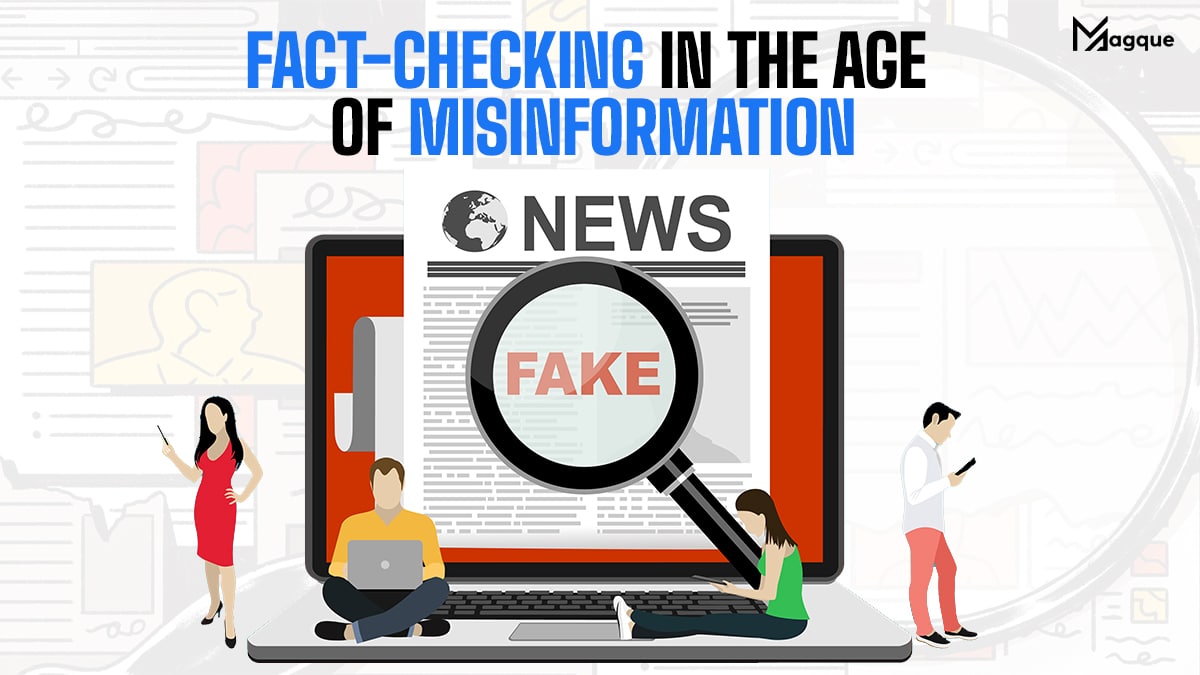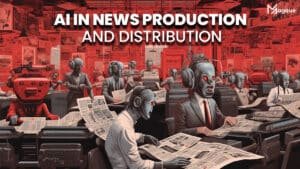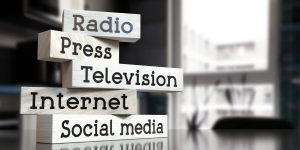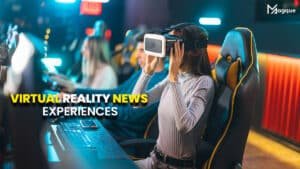In today’s digital age, the spread of misinformation has become rampant, leading to confusion and mistrust among the public. With the advent of social media platforms and the ease of sharing information online, distinguishing fact from fiction has become increasingly challenging. However, amidst this sea of falsehoods, the importance of fact-checking cannot be overstated.
Why Fact-Checking Matters
In a world where misinformation can spread like wildfire, fact-checking is crucial in maintaining information integrity. Fact-checkers play a vital role in combating the spread of misinformation by verifying the accuracy of claims and statements. They sift through the noise to uncover the truth, providing the public with reliable and trustworthy information.
The Rise of Misinformation
The proliferation of misinformation can be attributed to various factors, including the lack of media literacy and the rapid dissemination of unverified information on social media platforms. With the click of a button, false narratives can reach millions, leading to widespread confusion and mistrust. In such a landscape, fact-checkers serve as guardians of truth, working tirelessly to debunk falsehoods and set the record straight.
Effective Fact-Checking Strategies
To effectively combat misinformation, it’s essential to employ rigorous fact-checking strategies. This involves verifying the source of information, cross-referencing multiple reliable sources, and scrutinizing the evidence presented. By critically evaluating the validity of claims, fact-checkers can separate fact from fiction and provide the public with accurate information.
Challenges and Limitations
While fact-checking is crucial in combating misinformation, it has challenges and limitations. The sheer volume of online information can make it difficult to keep pace with the spread of misinformation. Additionally, bias and subjectivity can sometimes influence fact-checking, highlighting the need for transparency and accountability in the field.
The Role of the Public
The public also plays a crucial role in the fight against misinformation. Individuals can become more discerning information consumers by developing critical thinking skills and exercising skepticism. Rather than unquestioningly accepting everything they see online, they can take proactive steps to verify the accuracy of claims and seek out reliable sources.
Conclusion: Navigating the Information Landscape
In conclusion, fact-checking serves as a cornerstone in the battle against misinformation. In an age where falsehoods can spread with alarming speed, it’s more important than ever to uphold the integrity of information. By employing rigorous fact-checking strategies and fostering a culture of media literacy, we can confidently navigate the complex information landscape and ensure that truth prevails.
In today’s world, where misinformation spreads like wildfire, reliable fact-checking mechanisms are crucial. Learn how fact-checkers debunk falsehoods and separate fact from fiction in the digital age. Stay informed, stay vigilant, and let’s combat misinformation one truth at a time.
At Magque, we understand the importance of accurate information in today’s fast-paced world. That’s why we’re committed to providing our readers with high-quality content that’s thoroughly fact-checked and verified. Join us in the fight against misinformation by staying informed and spreading the truth. Together, we can make a difference.
FAQs
1. What is fact-checking, and why is it essential in today’s digital age?
Fact-checking involves verifying the accuracy of claims and statements to combat the spread of misinformation. In an era where falsehoods can spread rapidly online, fact-checking is crucial in upholding information integrity and promoting truth.
2. How do fact-checkers determine the reliability of information sources?
Fact-checkers employ various methods to assess the reliability of information sources. They scrutinize the credibility of the source, cross-reference information with multiple reputable sources, and evaluate the evidence provided to ensure accuracy.
3. What challenges do fact-checkers face in their efforts to combat misinformation?
Fact-checkers encounter several challenges, including the sheer volume of online information, the rapid spread of misinformation on social media platforms, and the influence of bias and subjectivity in the fact-checking process. Despite these challenges, they remain committed to debunking falsehoods and providing the public with accurate information.
4. How can individuals contribute to the fight against misinformation?
Individuals can contribute to combating misinformation by developing critical thinking skills, verifying the accuracy of claims before sharing them, and seeking out reliable sources of information. By being discerning consumers of information, individuals can help prevent the spread of falsehoods online.
5. What role do media literacy and education play in addressing the issue of misinformation?
Media literacy and education are crucial in empowering individuals to navigate the information landscape effectively. By teaching people how to evaluate information critically, distinguish between credible and unreliable sources, and identify common tactics used to spread misinformation, media literacy initiatives can help mitigate the impact of falsehoods in society.
Read Also This:- Fact-Checking Tools and Platforms in Journalism













